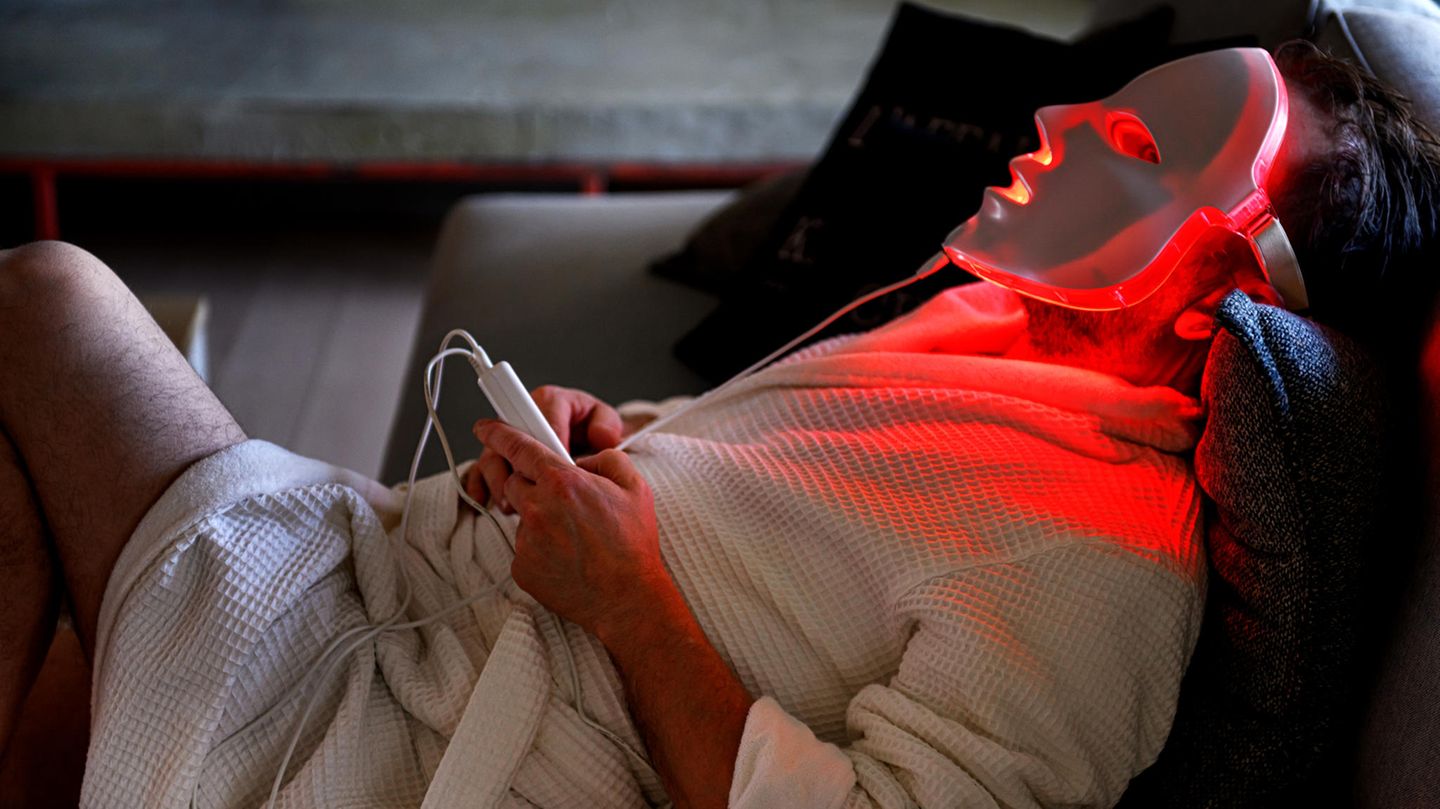Around 360 million people are eligible to vote, 65 million of them in Germany: the European elections are in their final stages. According to surveys, right-wing parties can expect significant gains. How will the citizens decide?
In Germany, voting for the European elections has started without any major incidents. The start went smoothly, said Federal Returning Officer Ruth Brand to the German Press Agency on Sunday morning at an appointment in a Berlin polling station. “So far we have not received any news from the state election authorities that there are any significant disruptions. So from our point of view, things are going well and normally so far,” she said. The polling stations are open until 6 p.m.
Around 65 million citizens in Germany are called to vote in the European Parliament elections. In addition to Germany, 20 other EU countries are also voting today. In other countries such as the Netherlands, Ireland and Slovakia, citizens have already cast their votes. Around 360 million people are eligible to vote across the EU.
In total, 720 representatives are at stake – 96 of them will come from Germany. Apart from the parliamentary elections in India, the European elections are the largest democratic vote in the world – and the only direct election across national borders. In Germany, around 1,400 candidates are running for 35 parties and other political associations.
Polls show the Union clearly ahead in Germany
According to surveys, right-wing parties are likely to perform well in several of the 27 EU countries, including Austria, France and Italy. In Germany, the CDU and CSU can expect to win the European elections by a large margin, according to surveys. Behind them, the SPD, Greens and AfD are roughly on a par.
The first forecast for the distribution of seats in the new European Parliament is expected to be announced on Sunday between 8:15 p.m. and 8:30 p.m. The first preliminary results from some EU countries are expected after 11 p.m.
Election officer highlights importance of European elections
Federal Returning Officer Brand called for participation in the vote. According to a statement on Sunday, she justified this with the “particular importance of the election for the influence of voters on future political decisions in the European Union”.
At the same time, Brand reminded people that citizens who can no longer find their voting notification can still cast their vote by presenting their identity card or passport. The prerequisite is that they are registered in the voters’ register for their constituency.
Local elections in several federal states
Parallel to the European elections, voters in several federal states are called upon to elect their local parliaments on Sunday: decisions on representations such as district councils, municipal councils or district assemblies are pending in Baden-Württemberg, Brandenburg, Hamburg, Mecklenburg-Western Pomerania, Rhineland-Palatinate, Saarland, Saxony and Saxony-Anhalt.
In Thuringia, where the local elections took place two weeks ago, many citizens can also decide on their future district administrator or mayor. There will be a run-off election in 15 districts and independent cities – in nine cases AfD candidates are also running. The party had gained a number of seats in the local parliaments in the first round of the local elections, but it was not able to gain a foothold in the town halls and district offices.
It will also be interesting to see how the parties perform in Brandenburg and Saxony – there, the local elections are seen as a mood test before the state elections in September.
Demonstrations against the right and for democracy
On Saturday, the European election campaign in Germany came to an end with rallies, demonstrations and calls to vote. At the SPD’s election campaign closing event in Duisburg, Chancellor Olaf Scholz defended his Ukraine policy and said that there would be no NATO soldiers in the country. France, however, is discussing sending military trainers to Ukraine.
In several cities, people took to the streets the day before the election to protest against right-wing extremism and for democracy. An alliance of civil society organizations called for this in Berlin, Hamburg, Munich, Cologne and Dresden, among others. According to police, around 15,000 people gathered in Berlin alone. The signs there included slogans such as “Heart instead of hate,” “Human rights instead of right-wing people,” and “Diversity without alternative.”
The election campaign was also marked by attacks on politicians until recently. An AfD politician was attacked in Dresden on Saturday. Denmark’s Prime Minister Mette Frederiksen cancelled several appointments after a physical attack on Friday evening.
Merz campaigns for EU Commission President von der Leyen
In his weekly email to his supporters on Saturday, CDU leader Friedrich Merz called for support for the conservatives – he was promoting the incumbent EU Commission President Ursula von der Leyen (CDU). She enjoys the highest respect throughout Europe and the world, Merz wrote. Voters could “link their vote for continuity in Europe to a clear message to the traffic light coalition in Berlin.”
Von der Leyen, 65, is running for a second term as President of the EU Commission. As a rule, the top post can be filled by the European party family that performs best in the European elections. Von der Leyen has held the post since 2019. As Commission President, she is the boss of around 32,000 employees who, among other things, make proposals for new EU laws and monitor compliance with the European treaties. She also sits at the table as an EU representative at almost all major international summits such as the G7 or G20.
Von der Leyen votes in Lower Saxony
Von der Leyen herself cast her vote for the European elections in the morning in her hometown in Lower Saxony. Shortly after 10 a.m., the CDU politician arrived at the polling station in Burgdorf-Beinhorn (Hannover region) with her husband Heiko. Von der Leyen greeted everyone with a “good morning” but refrained from making a statement. After casting her vote, she smiled briefly for photos and left the polling station after a few minutes.
Source: Stern
I have been working in the news industry for over 6 years, first as a reporter and now as an editor. I have covered politics extensively, and my work has appeared in major newspapers and online news outlets around the world. In addition to my writing, I also contribute regularly to 24 Hours World.




